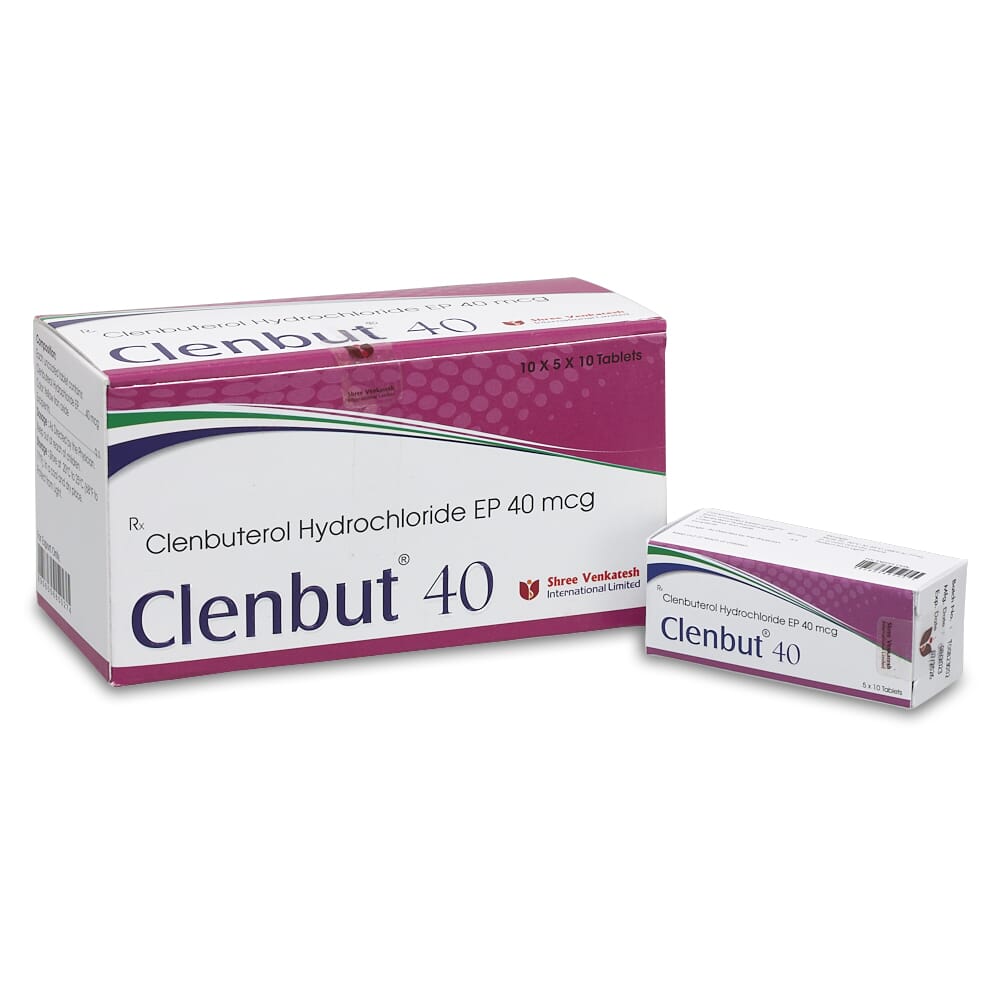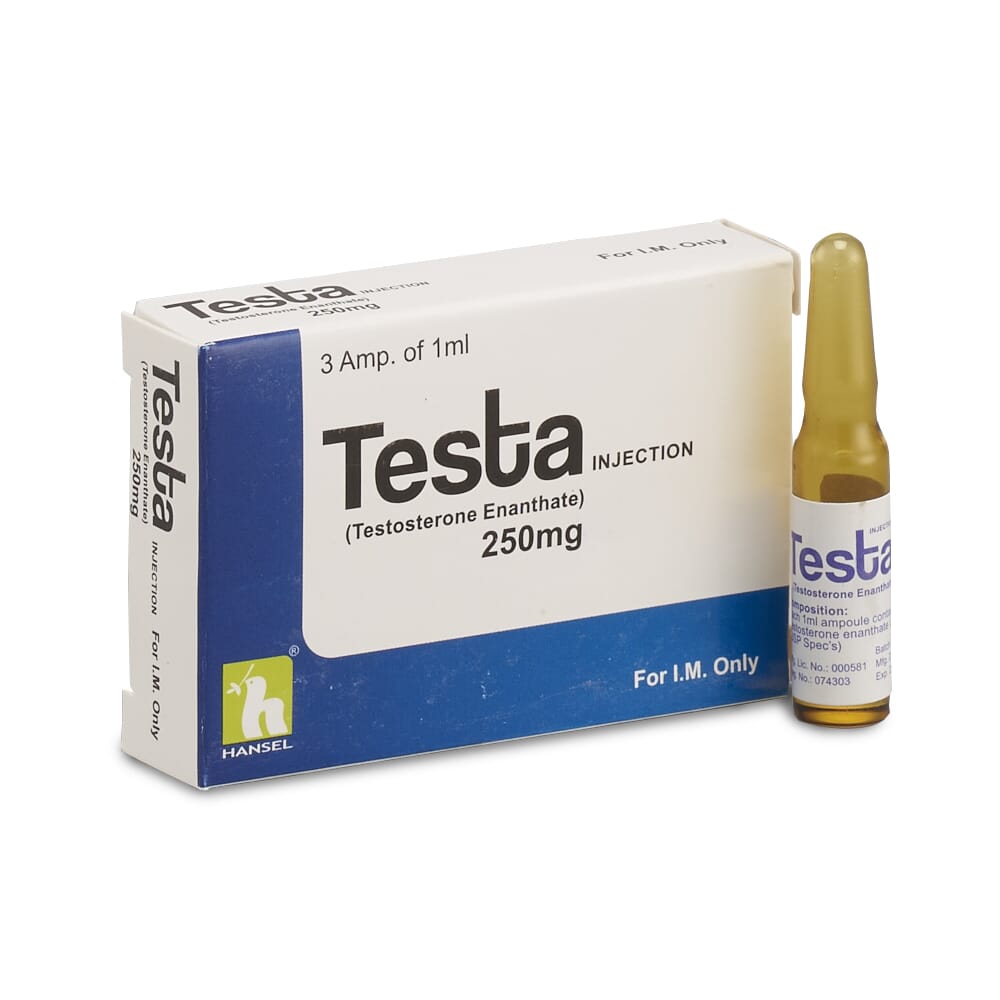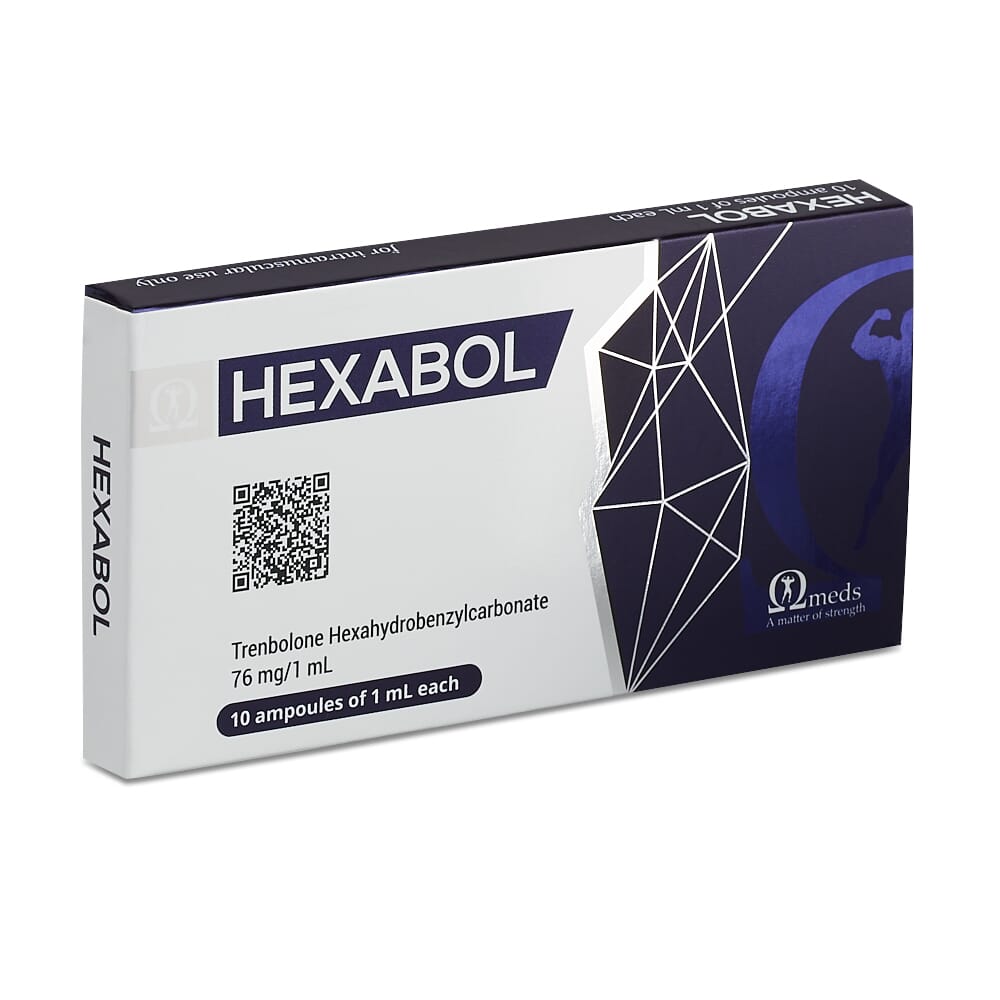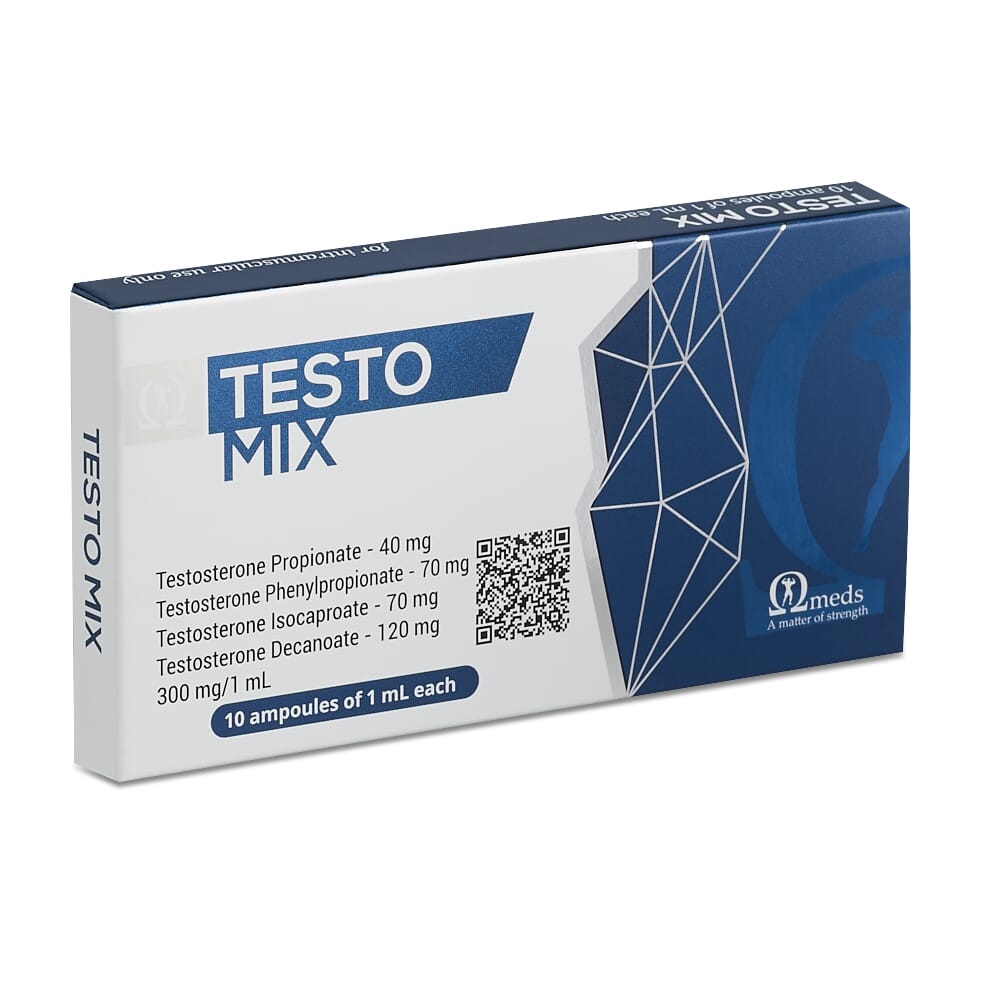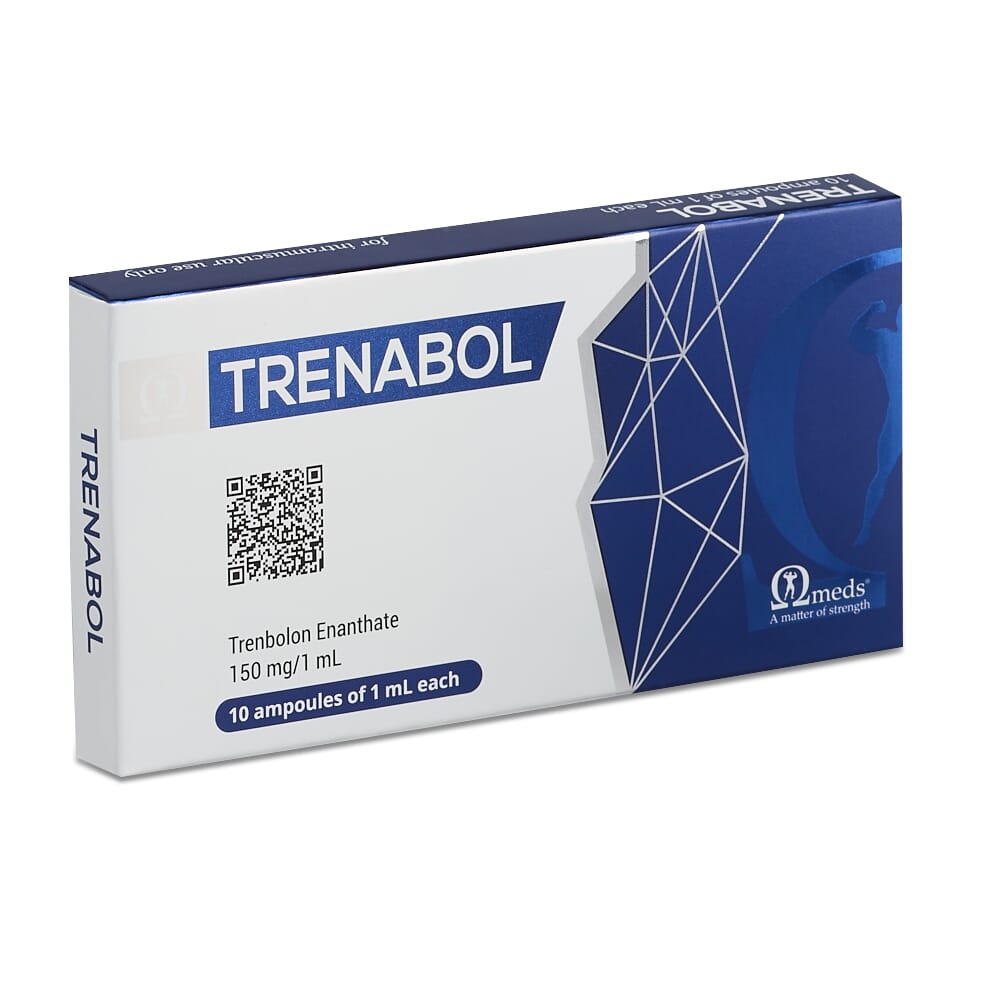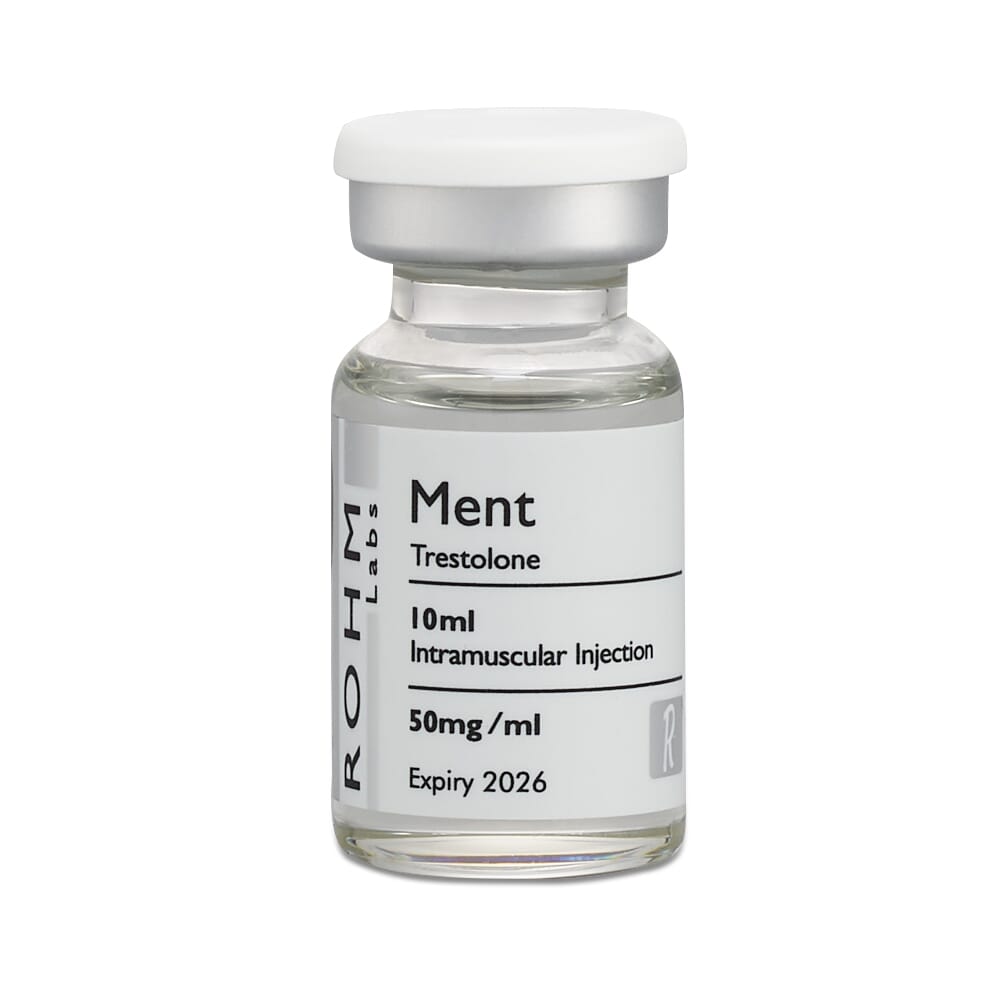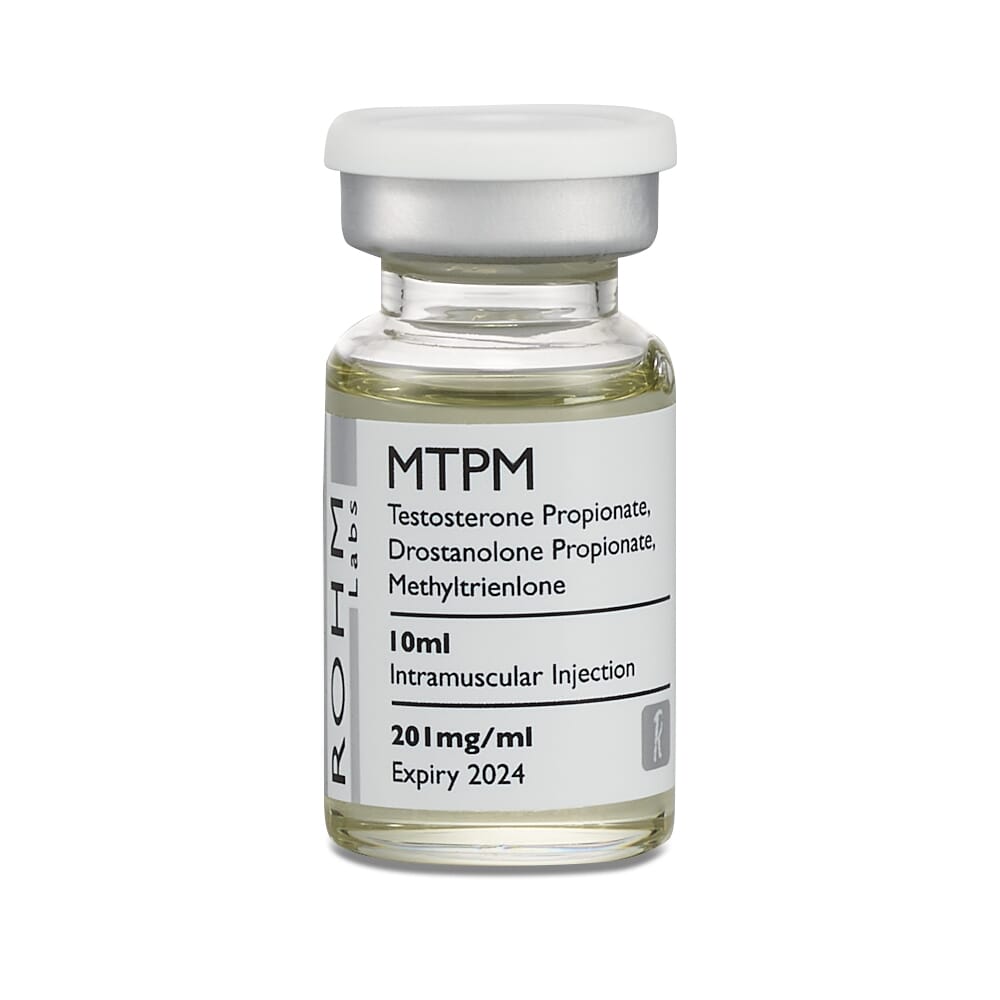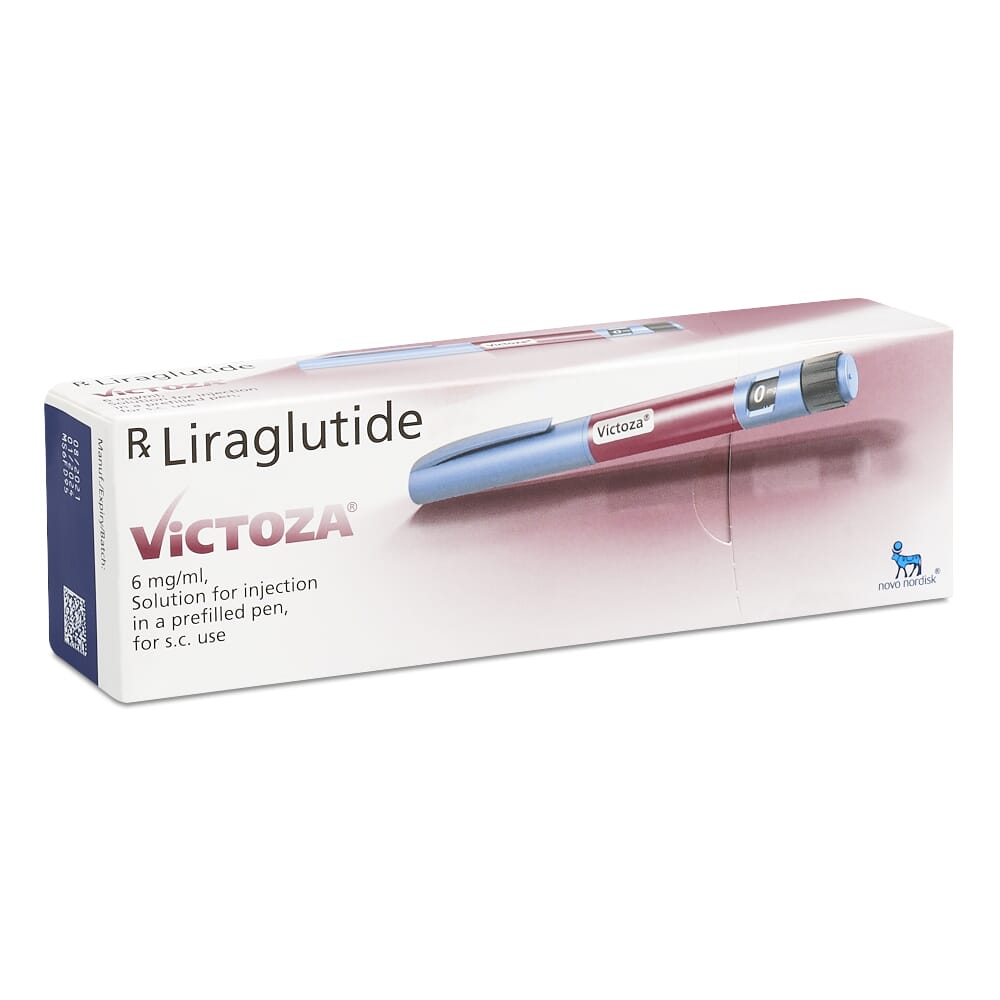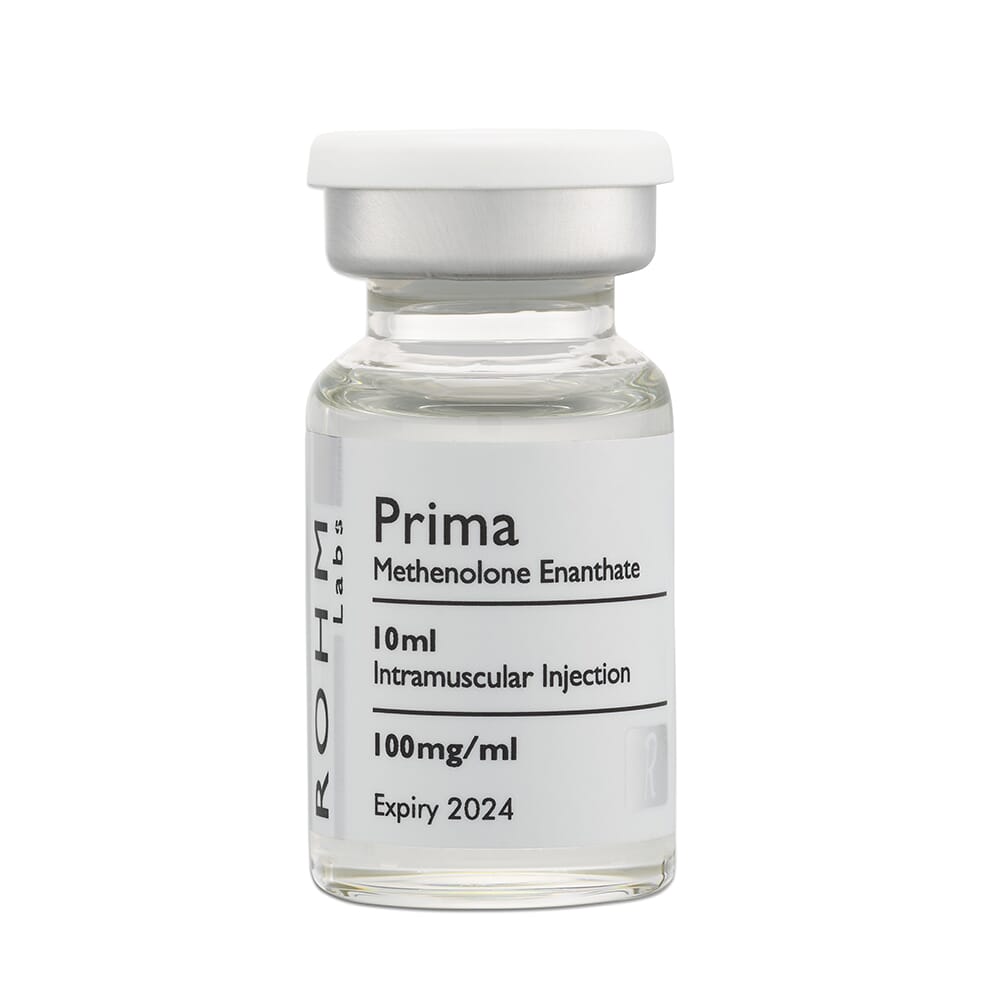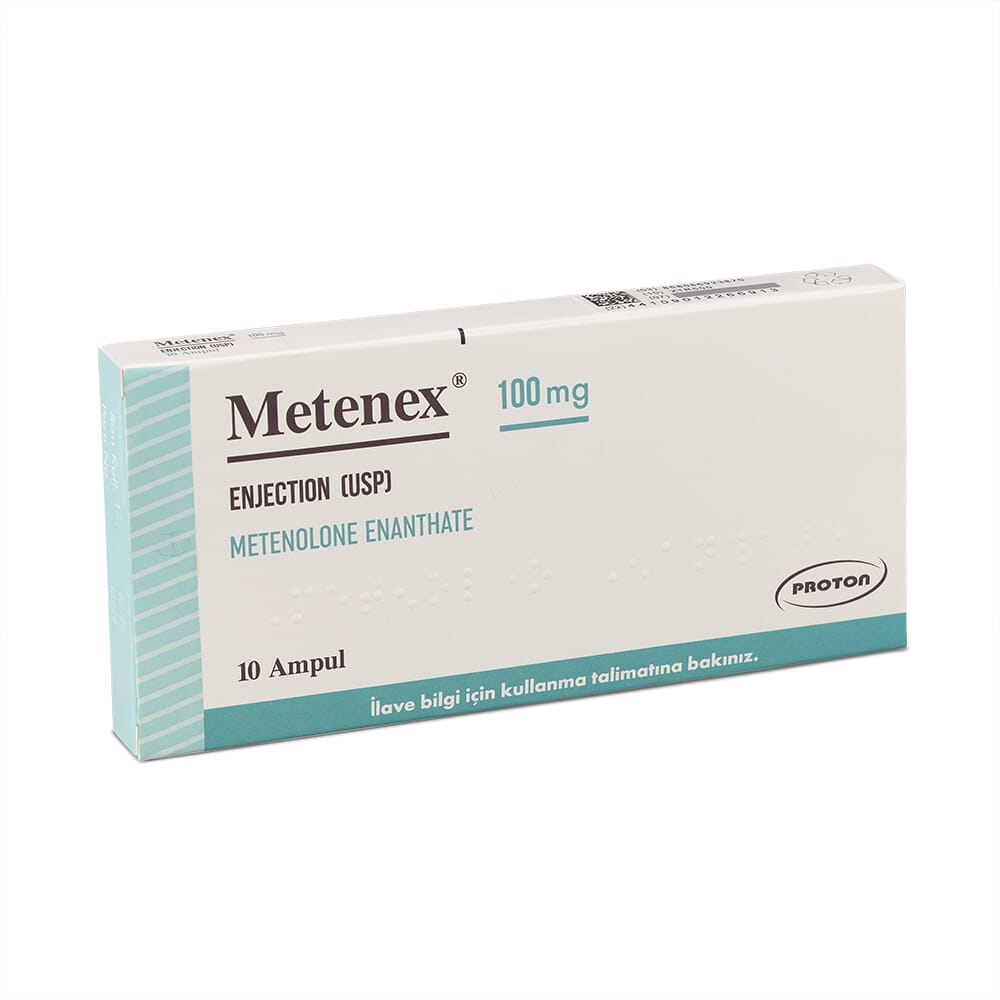Human Growth Hormone is perhaps one of the newest compounds used by athletes and bodybuilders looking to obtain a larger edge in the area of physique and performance enhancement. It must first be made clear that Human Growth Hormone is not an anabolic steroid. Human Growth Hormone is what is known as a protein hormone (or a peptide hormone) that is naturally and endogenously produced by the human body and secreted at the pituitary gland.
Human Growth Hormone, as its name would suggest, is an important hormone in the role of many different growth mechanisms and functions in the human body. However, Human Growth Hormone’s activity is not limited to just this function – it possesses a whole myriad of different functions and effects on many different processes of the body, including regulating certain aspects of the metabolism, providing cellular regeneration and growth, as well as healing and repair and more. Many of Human Growth Hormone’s functions are well known, but it also possesses properties and functions that are still as of yet known or not very well understood. Human Growth Hormone’s primary effects on growth functions of the body are in three primary areas: bone growth, skeletal muscle growth, growth of internal organs, and the healing/growth/repair of connective tissue such as tendons, ligaments, and joints. In terms of its effects on metabolism, it supports the efficient functions of protein, carbohydrate, fat, and vitamin/mineral metabolism.
Growth Hormone Effects In Different Tissues
HGH has displayed a vast, broad, and diverse range of effects. It is a hormone that has been found to be anabolic in muscle tissue, demonstrated to increase both the size (hypertrophy) and number of muscle cells (hyperplasia). The interesting fact about Human Growth Hormone is that its ability to generate a far greater amount of hyperplasia over hypertrophy is very favorable among athletes and bodybuilders, as an increased number of muscle cells (hyperplasia) over an increase in the size of muscle cells (hypertrophy) is always favored due to the fact that newly created muscle cells remain permanently (more or less). The size gains as a result from hyperplasia will remain indefinitely following these growth effects.
Human Growth Hormone also possesses the effect of promotion of cell regeneration, re-growth, and healing in every single cell type in the human body with the exception of the majority of cells in the eyes and brain. This is beneficial for individuals who possess debilitations and/or diseases in which organ failure is a possibility, but organ transplants are not an ideal option. The use of Human Growth Hormone can effectively heal, for example, and individual who possesses kidney or liver failure and at the very least maintain normal functioning of these organs through its cellular regeneration and growth capabilities. This is also why HGH will generally result in larger organs (due to the increased cellular growth), and is a perfect example of why individuals with various organ failure typically possess organs that are far smaller (due to the extensive cellular death of the organ’s cells) than individuals who otherwise possess healthy organ function.
Human Growth Hormone’s metabolism effects include its major effect of shifting the human body’s preference of energy source from carbohydrates to lipids (fats). As a result, Human Growth Hormone use will commonly result in rising blood sugar levels (known as a diabetogenic effect). This effect is, of course, dose-dependent and directly correlated with doses. Excessive Human Growth Hormone doses or periods of use can possibly result in the beginning of type-2 diabetes. However, through its manipulation of energy sources from carbohydrates to body fat as the preferred source, the fat loss effects can be very dramatic and as a result will also decrease cholesterol levels. Human Growth Hormone also tends to deplete potassium, phosphorous, and sodium levels, which should be kept in mind by the user (proper supplementation with these minerals is advised especially with higher Human Growth Hormone doses). Human Growth Hormone also tends to have a lowering effect on circulating levels of T3 (thyroid hormone), which can temporarily disrupt metabolism. Once again, this is a dose-dependent effect.
Overall, Human Growth Hormone acts upon receptors located on muscle, cells, bone, and fat tissue, signaling these different cell and tissue types to engage in growth and fat loss. Its effects on metabolism also result in an increase of hepatic (liver) gluconeogenesis (creation of glucose), and its role in preventing cells from utilizing this fuel source in favor of lipids instead. The fact of the matter is that Human Growth Hormone’s effects are all essentially governed by the protein hormone IGF-1 (Insulin-like Growth Factor 1). GH travels to the liver where it signals the liver cells to begin production and secretion of IGF-1, a very potent growth hormone that has been proven to be very anabolic in muscle tissue. It must be understood, however, that IGF-1 possesses properties and effects that are very much the opposite of Human Growth Hormone (for example, IGF-1 tends to increase fat retention and increase glycolysis (consumption of glucose as fuel).
Controversy Concerning the Effectiveness of Human Growth Hormone
A hotly debated topic is that of whether or not Human Growth Hormone is truly effective in terms of physique and performance enhancement, and if it is indeed a worthwhile endeavor and investment for those looking to enhance their physique and/or athletic performance. Although this will be discussed further in the Human GH doses and cycles section of this profile, the truth of the matter is that several studies have indeed demonstrated that Human Growth Hormone use results in some pleasing weight and lean mass gains, it is a poor choice for strength gaining[5] [6] [7].
Furthermore, it has been demonstrated that Human Growth Hormone utilized alone (without anabolic steroid stacked with it) will result typically only in dramatic fat loss, and that in order to experience the dramatic muscle mass gains, one must either utilize Human Growth Hormone with anabolic steroids or Human Growth Hormone must be utilized long-term (at least 6 months of consistent use).
As a result, Growth Hormone today is utilized extensively primarily for its dramatic fat loss effects, which manifest itself fairly immediately after initial use. The anabolic effects on muscle tissue, as previously stated, require at least 6 months of consistent use (due to the slow and steady build-up of HGH and IGF-1 in the body) before they can be experienced. Therefore, the general conclusion when it comes to Human Growth Hormone is that it is considered a far weaker performance and physique enhancing substance than anabolic steroids, and must be utilized in a very specific manner in order to garner the muscle growth and strength gains capable with it. Essentially, Human Growth Hormone is a compound that should only be utilized by advanced athletes and bodybuilders and is considered a useless compound for beginners.
This is because the majority of advanced anabolic steroid users have advanced so far into their progress and training that have reached more or less a ‘dead end’ to their progress, no matter the effort or compounds utilized. Commonly, this is because the individual has reached their genetic potential. GH can assist an individual in pushing past this ‘dead-end’ and thus this is why Growth Hormone should be considered an advanced compound in the arsenal of any highly advanced or experienced athlete.
HGH Side Effects
Among the hottest of life-enhancing supplements, human growth hormone, commonly known as HGH, is becoming more and more popular in bodybuilding and athletic circles. The primary reason for this is the basic effect that HGH provides the average human being. When you go to sleep at night, one of the most important processes of a restful night of sleep is the release of HGH which facilitates repair, growth, and expansion of muscle and various tissues in the body. It is unique in that it is a hormone that doesn’t fall into the category of estrogenic or androgenic. This means that it’s not sex-specific. In other words, whether you’re a male or a female, you’ll enjoy the same benefits of HGH as you would as either gender. This makes HGH very lucrative and enjoyable because it can provide a lot of benefits to either gender regardless of how one plans to use the hormone. And again, itis not a steroid or androgenic hormone; it is merely a peptide or protein hormone. This is an important distinction because some people assume that there are no side effects. Beware, there are always side effects and interactions that have to be noted when utilizing hormones of any kind, but with HGH, they are very unique and very specific.
It is also important to note that HGH can have a synergistic effect with other substances. One of the primary functions of HGH in the body is to stimulate and expedite growth and division of cells and tissues. When you take an androgenic substance with certain side effects, including the HGH will ensure that those processes will take place at a greater rate. So this is why it’s important to note that if you’re afraid of something like gynecomastia, HGH would actually accelerate the pace at which those fatty tissues connected to gyno would grow. So whenever you do plan to use a substance, ensure that it will produce a symptom you want and ensure the HGH will help you rather than hurt you if you plan on stacking it with something else. Aside from these common concerns, there are also very common symptoms you can expect to encounter if you decide to use HGH.
HGH Joint Pain
One of the most common issues is joint pain. For those new to HGH, you might be wondering why a substance that is supposed to promote healthy joints would actually cause joint pain. Well, in order to create new joints, the joints have to expand and be placed in position. This is something that HGH certainly facilitates, but because there is new tissue growth, the HGH will result in soreness of the joints because as new tissue develops, this will cause pain in the joints. It’s important to note that while the joint is frustrating, it will temporarily exist rather than permanently exist. As that new tissue grows and calcifies, you won’t have to worry about the pain any longer, but it will be the initial growing pains (literally) of trying a new substance and experiencing new growth.
Water Retention & Swelling
Aside from the pain associated with the HGH, it’s not uncommon to see a lot of bloating and swelling in joint areas. This is because when you do take HGH, it is very common for the substance to create more fluid retention. This seems to be a very common symptom with any IGF-1 or HGH related protein hormones. It should be noted that pain tends to show up with extreme doses. This isn’t to suggest an overdose, but rather when the effective dose is delivered in one shot rather than gradually. Assess tolerance individually should you choose to utilize HGH.
Carpal Tunnel Syndrome
Carpal Tunnel Syndrome is also common as a result of the water retention. This is due to the fact that excess fluids will often press up against joints and cause numbness and pain to show up in those precise areas. While it is not necessarily the classical case of carpal tunnel, which is caused by overuse and overstimulation of the muscles/tendons in that region of the wrist, the extreme pressure of the fluid overflow very much replicates that feeling and causes that same pain and debilitation in the wrist
